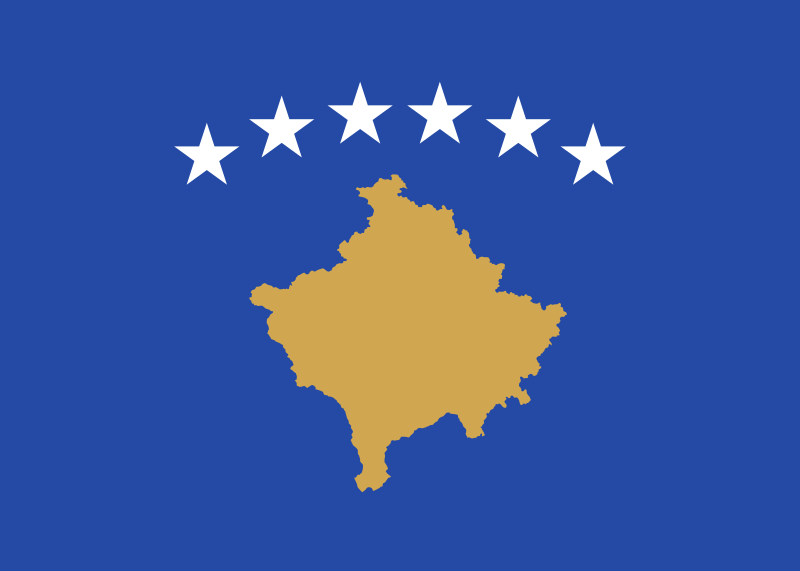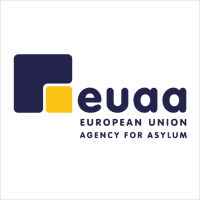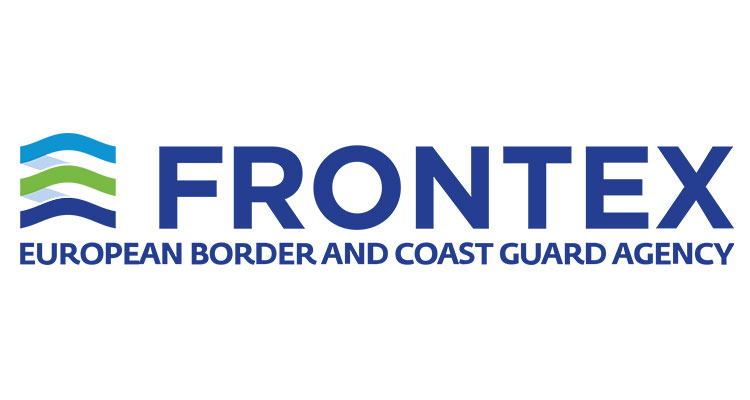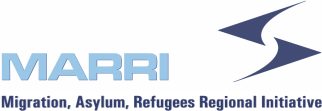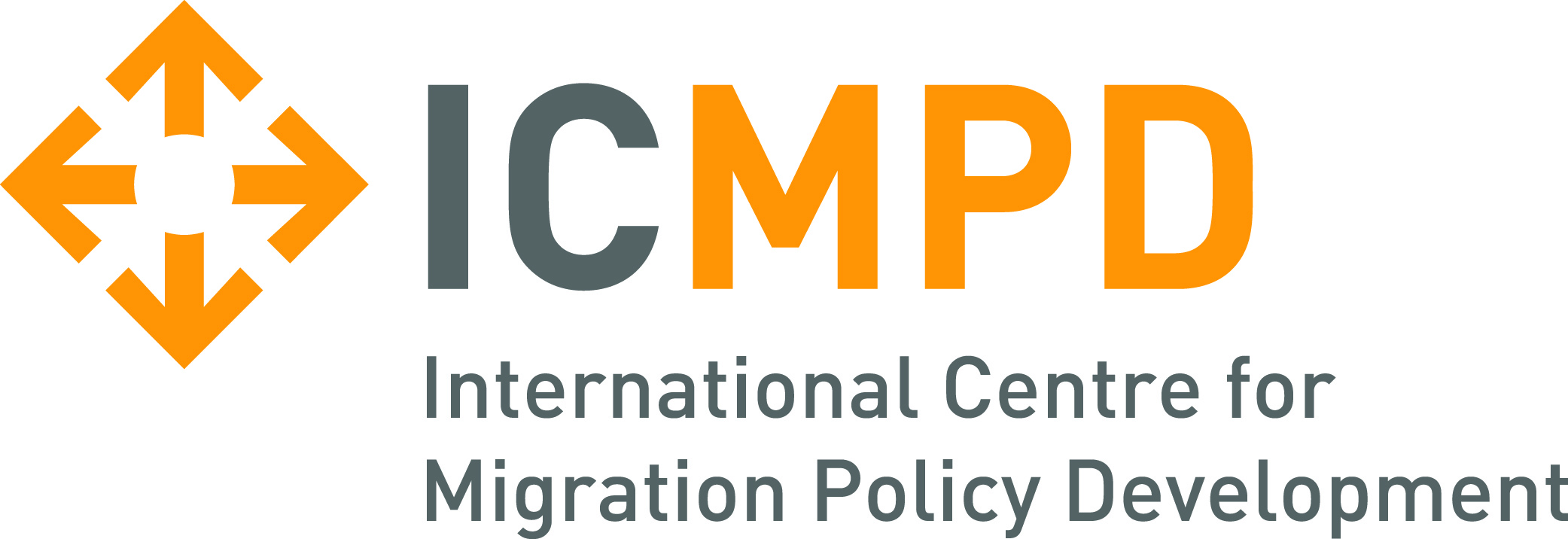The following 47 states are participants of the Prague Process: Albania, Armenia, Austria, Azerbaijan, Belgium, Bosnia and Herzegovina, Bulgaria, Croatia, Cyprus, the Czech Republic, Denmark, Estonia, Finland, France, Georgia, Germany, Greece, Hungary, Ireland, Italy, Kazakhstan, Kosovo*, Kyrgyzstan, Latvia, Liechtenstein, Lithuania, Luxembourg, North Macedonia, Malta, Montenegro, the Netherlands, Norway, Poland, Portugal, Moldova, Romania, Serbia, Slovakia, Slovenia, Spain, Sweden, Switzerland, Tajikistan, Türkiye, Turkmenistan, Ukraine, and Uzbekistan.
The United Kingdom is no longer a member of the Prague Process since leaving the EU in 2020. Cooperation with the Russian Federation and the Republic of Belarus has been halted in early 2022.
In the period 2009-2010, the Process was led by the Czech Republic, supported by Hungary, Poland, Romania, and Slovakia. Following the Senior Officials’ Meeting in December 2010 the leadership was handed over to Poland, which led the Process up until the end of the Prague Process Targeted Initiative in 2017. Since the second half of 2017, the Process has been led collectively by the Strategic Group, which consists of the Czech Republic, Poland, Lithuania, Hungary, the European Commission, and a country presiding in the EU at a specific point in time. As of 2021, the Czech Republic is chairing the Prague Process Strategic Group.
*This designation is without prejudice to positions on status and is in line with UNSCR 1244/1999 and the ICJ Opinion on the Kosovo declaration of independence.























